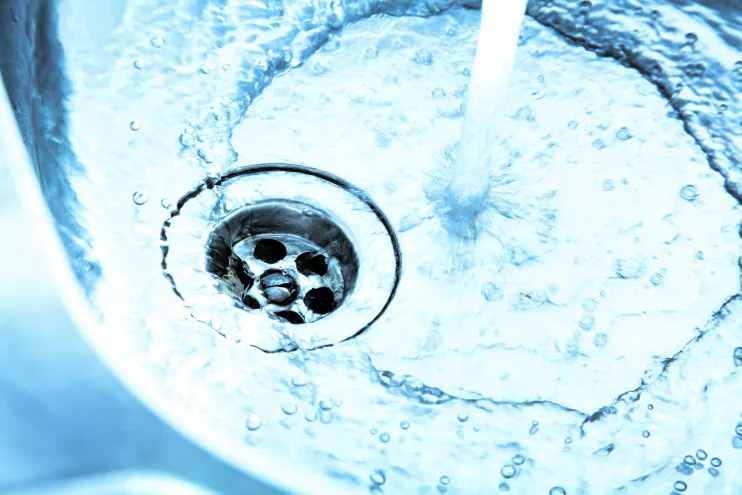Column: Water, water everywhere…
Or why the latest twist in the sewage tale suggests a rebalancing of Labour’s priorities England’s water system made a splash again this week, hitting the headlines as the government announced their latest move to – as they put it – clean up the industry. An independent review, led by none other than the former [...]


Or why the latest twist in the sewage tale suggests a rebalancing of Labour’s priorities
England’s water system made a splash again this week, hitting the headlines as the government announced their latest move to – as they put it – clean up the industry.
An independent review, led by none other than the former Bank of England bigwig Sir Jon Cunliffe, is tasked with assessing the role and effectiveness of regulators.
Everything, we’re told, from abolishing Ofwat to preventing firms turning a profit, is in the scope of the ‘who watches the watchers’ style probe.
Defra minister Steve Reed and his team have sought to present this latest move as the final play in a three-part effort to overhaul the nation’s pipes, rivers and seas.
It follows an initial move to ringfence money for infrastructure upgrades, chased with the Water Special Measures Bill which is legislating to allow water bosses who obstruct investigations to face criminal charges – and potential jail time.
Now this final probe ties up the triptych, with a thorough look at the rules and regulations governing this somewhat murky industry.
Or, well, that’s one side of the coin. From Cornwall to Cobham, and Surfers against Sewage to Home Counties dwellers, it won’t have escaped your – or Labour strategists notice – that water was a torrential issue throughout the year or so leading up to the election campaign.
Both rising bills and rank sewage pollution prompted widespread outcry, social media fury, and public pressure from everyone from Feargal Sharkey to Ed Davey.
Clean up our waterways was the abiding message, and with 72 Liberal Democrat MPs riding that wave all the way to the House of Commons, Labour haven’t been shy to climb aboard.
Likewise, for Labour HQ, it doesn’t hurt to have another finger of blame to direct towards your Conservative predecessors. Tactically then, water is where it’s at. But why?
For Morgan McSweeney, Keir Starmer’s newly-recrowned chief of staff, Labour in government is about two things: winning a second term, and delivering.
The first is self-explanatory; the second? It’s how you get there. Bluntly, sort out the things voters actually tell you they care about, and you’re in with a shot at another five years.
Deliverism, whether that’s your local council sorting out the bins, or Reed cracking down on sewage discharges, promises to grant the time, and crucially the power, to affect the long-term change Labour believes it was elected for.
But flip that coin over, and you’re faced with somewhat of a dilemma. Water bosses, like it or not, aren’t hugely popular with the great British public right now.
However, dive deeper into what Defra is promising, and the real aim of the commission becomes clearer. Ultimately, what this is all about is driving investment – and reassuring potential investors that they won’t be throwing good money after bad.
“The commission,” the press release states, “forms the next stage in the government’s long-term approach to ensuring we have a sufficiently robust and stable regulatory framework to attract the investment needed to clean up our waterways, speed up infrastructure delivery and restore public confidence in the sector.”
I’ve also been told Defra – the Department for Environment, Food and Rural Affairs – is keen to market themselves as a department for growth – water infrastructure, after all, will be needed to deliver those 1.5m homes – versus the HMT taboo, a ‘spending’ department.
The situation at Thames Water has served as a warning tale, with investors now nervous about risking future cash being tied up in fines, as increasingly creaky sewage infrastructure continues to crumble.
And it links Starmer’s reassurance to firms at last week’s investment summit; that Labour is ready to rip up the red tape stymieing flows of investment and choking off growth.
Come on in, the water’s fine, was the resounding message from ministers. That applies to both the UK as a whole – and this industry in particular.



